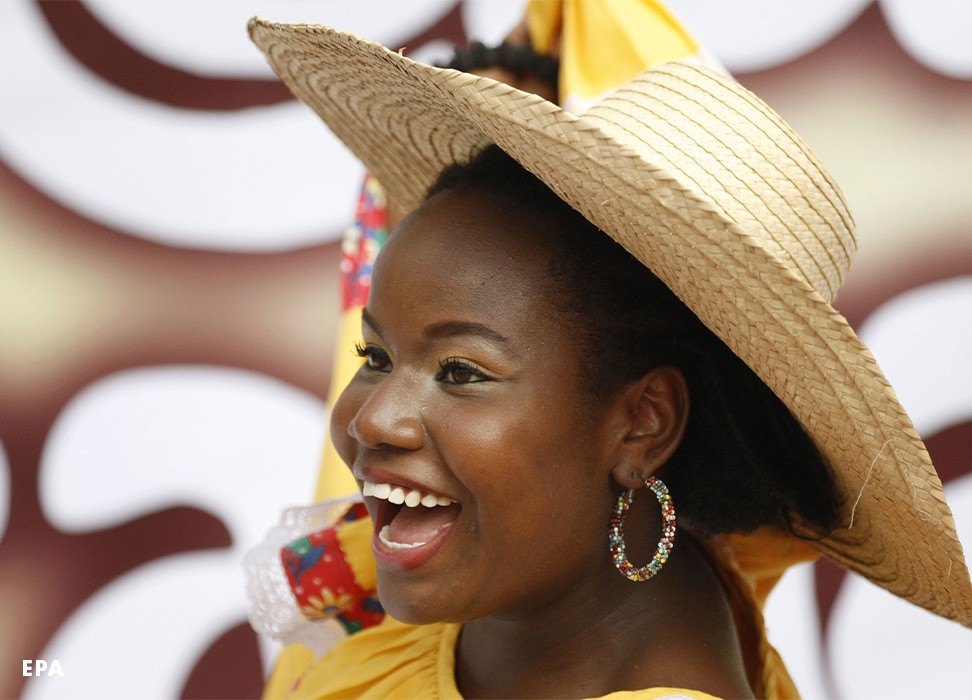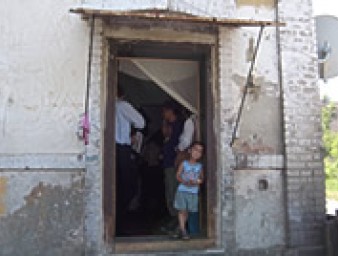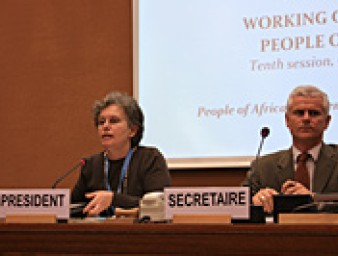New campaign launch to #FightRacism — Learn, Speak up, Act!

“Racism, racial discrimination, xenophobia and related intolerance in all their forms and manifestations constitute a brutal assault on human dignity,” said Michele Bachelet, UN High Commissioner for Human Rights to mark Nelson Mandela International Day. “They must be eradicated through greater political will and systemic change.”
On this day to celebrate Mandela’s work on equality, racial justice and tolerance, UN Human Rights launches a two-year campaign, “Learn, Speak Up, Act”, to raise global awareness on these issues and inspire people to mobilize concrete action to fight racism, discrimination, xenophobia, and related intolerance.
The Human Rights Council requested the development of a campaign that would mobilize global public support for racial equality, including on the International Convention on the Elimination of All Forms of Racial Discrimination (ICERD) and the Durban Declaration and Programme of Action (DDPA).
While the challenges posed by racism, racial discrimination, xenophobia, and related intolerance are not new, Bachelet “urges governments to act with determination to put a stop to the deep injustices and the racial discrimination faced by far too many.”
Education as the tool to fight racism
Everyone, especially young people, has the right to learn about human rights, including the history of racism, slavery, colonialism, and their legacies in structural inequalities and discrimination that still plague societies today. The campaign stresses that everyone should also be taught about human rights tools that can be used to fight against oppression, racism, and discrimination.
We are all agents of change
Systemic racism needs a systemic response. The Durban Declaration and Programme of Action, adopted by consensus in Durban, South Africa, in September 2001, provides a comprehensive framework to address and eradicate all forms and manifestations of racism, especially systemic forms of racism.
The High Commissioner’s Agenda Towards Transformative Change for Racial Justice and Equality for Africans and people of African descent also provides a vital roadmap to help dismantle racial injustice and reach racial equality.
Racism is a global concern that comes in many forms and manifestations and affects everyone in every way, as well as society. We can all be agents of change if we act together to achieve racial justice and equality by calling for ratification and implementation of ICERD, and implementation of commitments as set out in the DDPA and the programme of activities of the International Decade for People of African Descent.
Actions speak as loud as words
Everyone should be able to engage safely and meaningfully in public discussions and have their voices heard. Speaking out against discrimination and intolerances can lead to real actions. Both are key in the fight against racism, discrimination, xenophobia, and related intolerances.
“The anti-racism agenda belongs to all of us,” Bachelet said. “And to remember that achieving human dignity and equality is our collective duty.”


